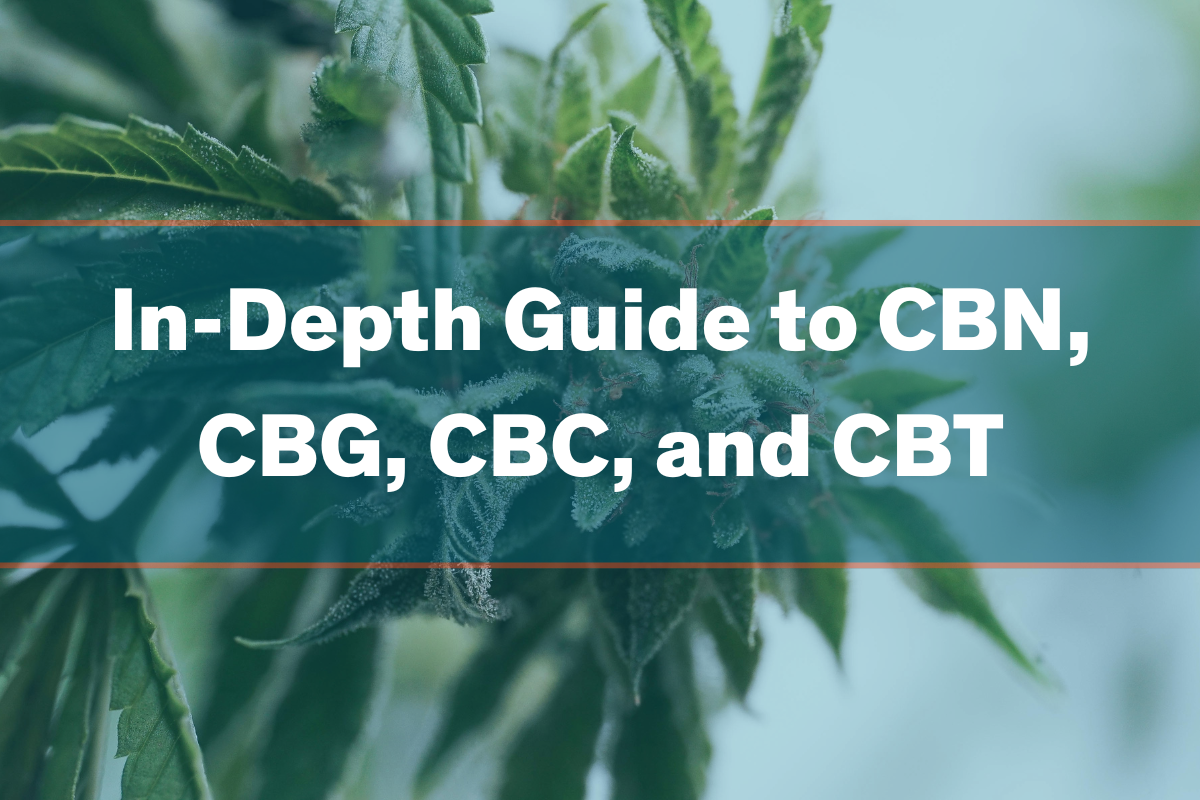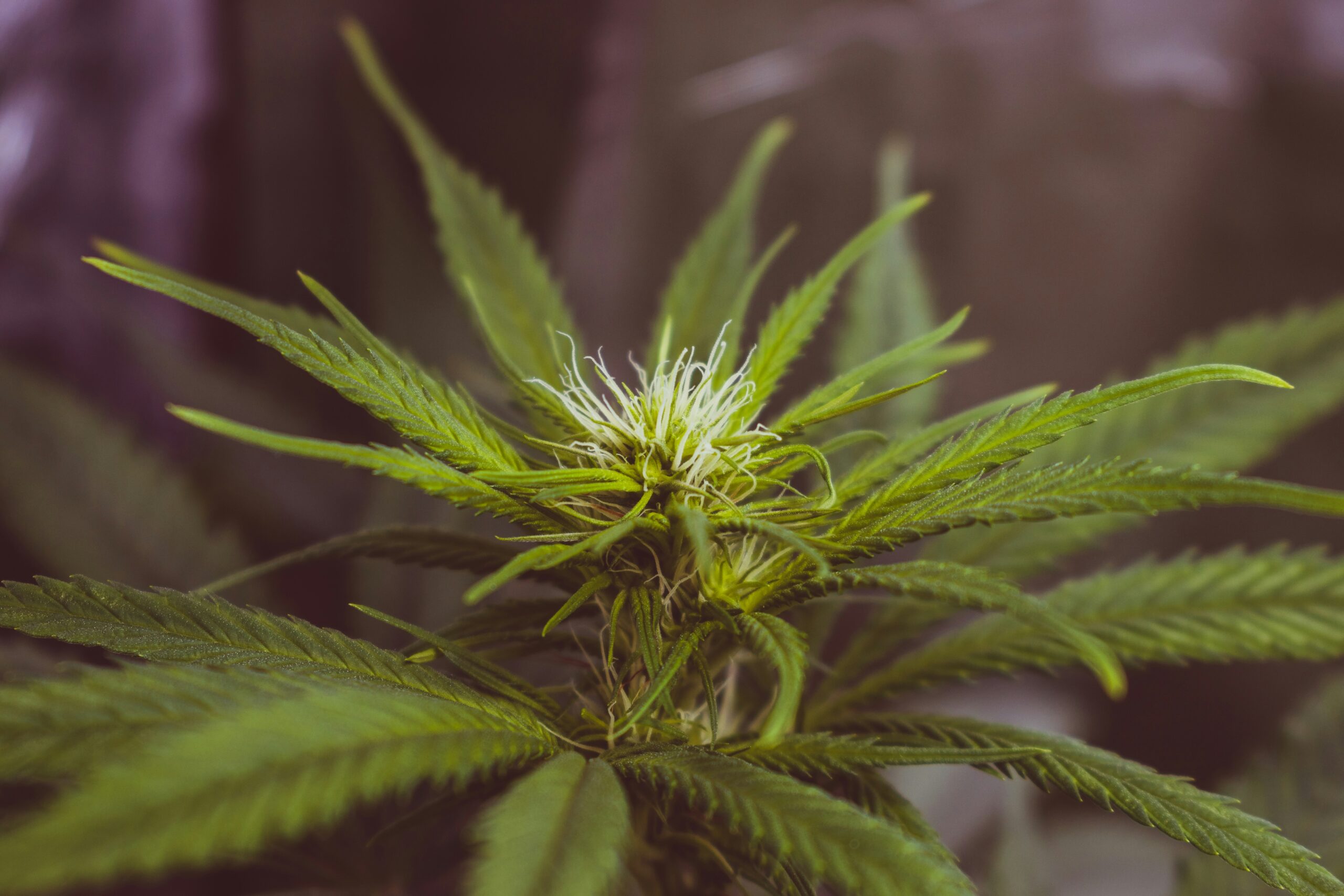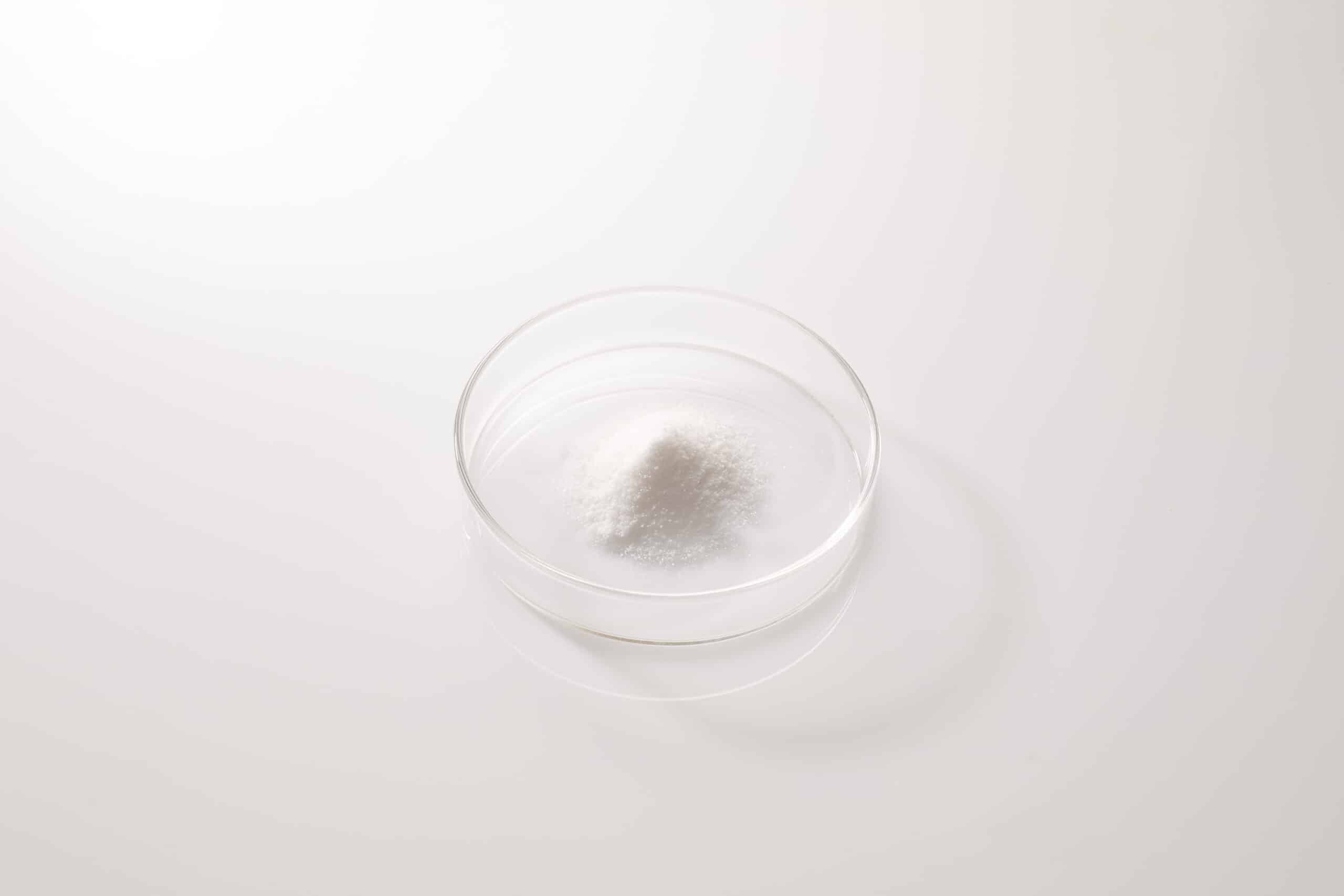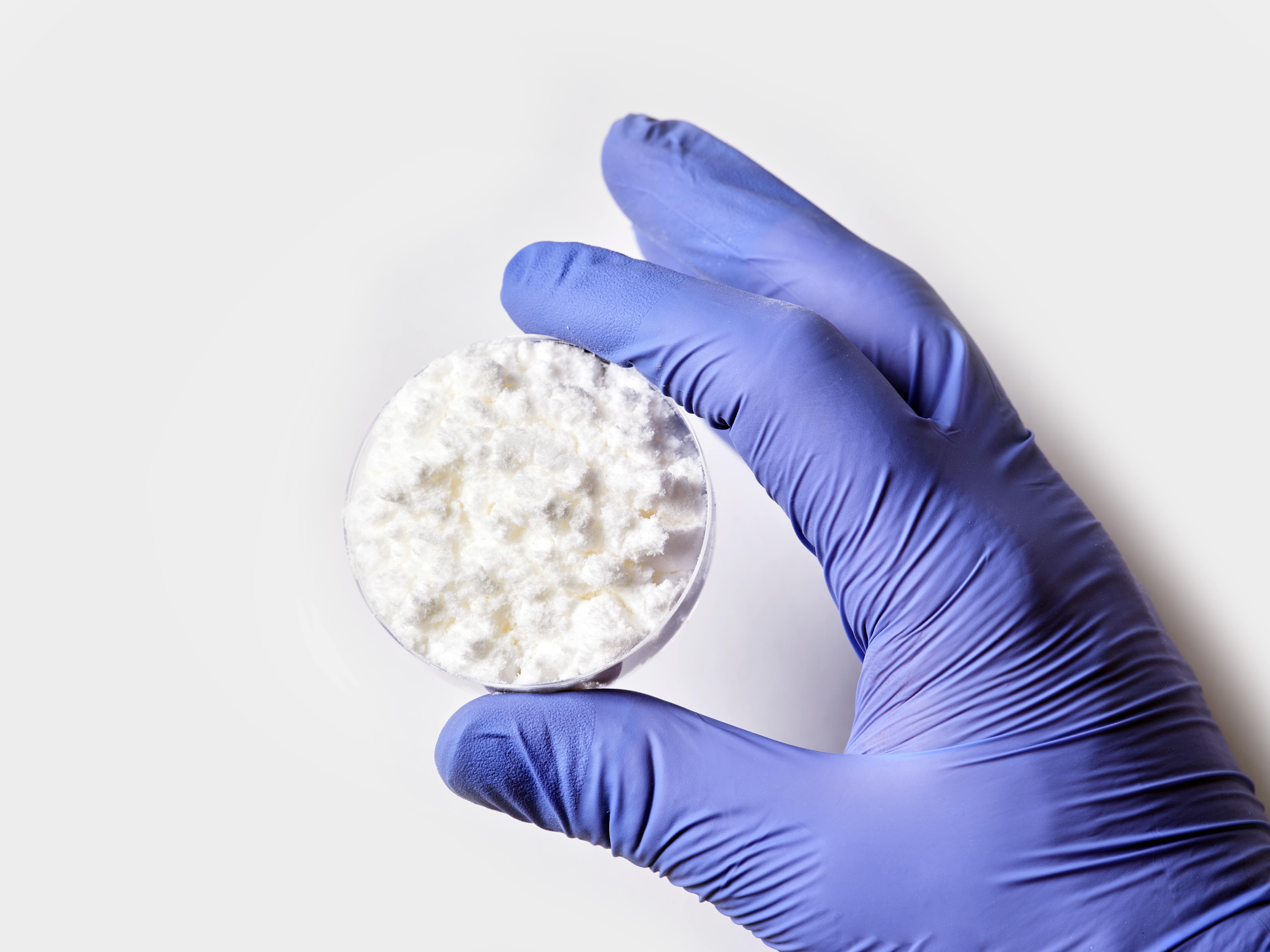Sweden enforces a stringent legal framework and holds deeply rooted cultural apprehensions toward cannabis and cannabinoids. This rigid stance often leads to intense reactions towards cannabis use, prompting a discourse among citizens and global observers alike on the rationale behind Sweden’s cannabis regulations.
Some less-than-reasonable misunderstandings of the plant certainly seem to be at play. At the same time, Sweden has tentatively begun a small medical cannabis program¹ that is already threatening to grow out of control.
Will Sweden overcome its stigma enough to embrace the economic benefits of cannabinoids, or will one of Europe’s most progressive countries remain lamentably backward in the arena of cannabis? Find out how Sweden currently views cannabinoids (including CBD and CBG) along with projections for the future of cannabis in the Scandinavian nation.
Are cannabinoids legal in Sweden?
Sweden allows doctors to prescribe cannabis products through a medical cannabis program. Patients and doctors can agree on cannabis as a treatment without requiring other treatments first or additional hurdles.
Otherwise, though, cannabinoid law in Sweden reverts to the nation’s no-tolerance standard of THC. Swedish law does not classify products with even a trace of THC as hemp. Products containing isolate CBD, which does not include traces of THC, have been viable for sale since before the passage of the country’s new medical cannabis law in 2022.
Travelers and citizens should note that Sweden only legalizes cannabis with a doctor’s prescription. Also, the only products approved are the synthesized THC drugs Sativex and Dronabinol along with select options from Bedrocan, a major Dutch cannabis exporter.
There are no “medical dispensaries” in Sweden; all cannabis is dispensed through a conventional pharmacy. Cannabis has also not been decriminalized in Sweden, with even small quantities entailing harsh judgments under Swedish cannabis law.
Medical cannabis may be legal in Sweden now, but that doesn’t mean cannabis is culturally accepted. Use cannabis publically in Sweden, and you’ll find out just how much Swedes still look down on the plant’s use and the people who use it.⁴
History of cannabis in Sweden
Cannabis horticulture was introduced to Sweden as early as the 1st century AD². Extensive archaeological evidence suggests that cannabis cultivation became widespread by the fifth century AD with sites discovered where hemp retting³ was performed.
Sweden narrowly escaped becoming part of the Dutch Empire during its colonial days, but it remained largely under the Dutch sphere of influence. As a result, cannabis law in Sweden has historically largely mirrored that of its near neighbors.
Cannabis became a major cultural issue in Sweden in the mid-1950s when American jazz musicians began bringing the plant with them when performing in Swedish clubs. Cannabis use among young people became considerably prominent in Gothenburg and other major Swedish cities in the 1970s, and it became associated with overall drug use once Europe’s heroin epidemic hit later that decade.
Over the years, Swedes have accumulated an overall outlook on cannabis that is profoundly negative. A Swedish study⁴ published in Addiction in 2015, for instance, found that men registered in Sweden’s mandatory military service were more likely to be unemployed or in need of government assistance later in life if they admitted to using cannabis heavily as teens.
Highlighting Sweden’s bias against cannabis, the research lacked controls, with authors stating the associations are “not explained fully by other health-related, social, or behavioral problems.” This research style appears designed to produce a specific outcome.
History of cannabis and cannabinoid laws in Sweden
Cannabis in all forms was made illegal in Sweden in 1930⁵, shortly after a similar law was passed in Holland. Then, Sweden became one of the signatories of the UN Convention on Drugs in 1961⁶, coming into agreement with international positions on laws governing cannabis and other drugs.
Unlike the case in other countries, Sweden has never loosened its stance on cannabis. More accurately, Sweden first allowed medical cannabis through doctors, limited to approved synthetic cannabinoid pharmaceuticals or Bedrocan products.
Sweden has made no moves to legalize or decriminalize cannabis in a wider sense. Sweden does not legalize adult cannabis use and prohibits medical cannabis patients from growing plants or forming patient collectives.
All in all, Sweden features some of the most punitive and restrictive positions on cannabis in the entirety of Europe. Due to these restrictive laws, Sweden is the last thing from an ideal market for offering cannabinoids.
Which cannabinoids are legal in Sweden?
Cannabinoids are, in general, illegal in Sweden with only a few small exceptions being made. As we’ve discussed, Sweden has a small medical cannabis program consisting of pharmaceutical medications and imported Dutch products.
Aside from this token acknowledgment of cannabis, however, Sweden has mainly kept any product with any association with THC fully illegal. This complicates things for those offering THC products and for CBD or CBG purveyors, who often contain small amounts of THC.
Is CBD legal in Sweden?
Yes, CBD products are legal in Sweden, but only if they do not contain any trace of THC whatsoever. If a CBD product is found to contain any THC, Swedish authorities will consider it to be marijuana, resulting in confiscation, fines, or even prison sentences for the offender.
As a result, CBD isolate is usually the only type of CBD sold in Sweden. Even broad-spectrum CBD extract, which also contains zero traces of THC, is only infrequently used in Swedish markets due to the potential of a law-enforcement misunderstanding.
Is CBG legal in Sweden?
The Swedish government has not made any special exceptions for CBG, so if CBG products are to enter the country, they must simply not contain any THC whatsoever. Due to a lack of familiarity with the cannabinoid combined with the nation’s alarmist position on anything related to cannabis, it may, nonetheless, be wise to avoid importing CBG into Sweden.
Is THC legal in Sweden?
No, THC is not legal in Sweden except in the context of its government-controlled medical cannabis program, which mainly offers synthetic pharmaceutical cannabinoids rather than genuine cannabis products. Possessing THC products in Sweden can result in fines and jail time, while trafficking is a felony with mandatory prison.
Does Sweden have adult-use cannabis?
No, Sweden does not allow adult-use cannabis, and it may be one of the last nations in the Western world to adopt such a policy. In Sweden, cannabis use is culturally associated with laziness and criminality, a deeply entrenched stigma built over decades.
Can you import cannabinoids into Sweden?
Yes, cannabinoid products are generally clear for import into Sweden as long as they do not contain any THC whatsoever. Great care should be taken around THC-adjacent cannabinoids like delta 8 and HHC as well, which appear to be in the process of being banned⁷ even in cannabis-positive European nations.
CBD is the only cannabinoid fully approved for import into Sweden. Other cannabinoids will likely face Sweden’s strict stance on THC, which can even lead to felony charges.
Are there cannabinoid manufacturers in Sweden?
No, Swedish law prohibits the production of cannabinoid products on Swedish soil. All products in Sweden’s medical cannabis program are imported from other countries.
As with other EU nations, Sweden is much friendlier toward hemp products produced within the European Economic Area (EEA). Partnering with an EEA hemp producer is a crucial first step to selling cannabinoids in Sweden.
Sweden: Hemp’s frozen wasteland
Surrounded by darkness half the year and disciplined activity the other, Swedes have little time for distractions. This cultural context partly explains Sweden’s strong opposition to cannabis and cannabinoids. Why Sweden remains so staunch in rejecting cannabis and cannabinoids remains a mystery. If cannabinoids gain traction in Sweden, the nation could become a global tipping point for cannabis acceptance. Enter Sweden’s cannabinoid market bravely but with caution, focusing on CBD for now.
Sources
1. DeAngelo, A. (2022, June 30). An Inside Look At Sweden’s First Medical Cannabis Conference. Forbes. https://www.forbes.com/sites/andrewdeangelo/2022/06/30/an-inside-look-at-swedens-first-medical-cannabis-conference/
2. Larsson, M., & Lagerås, P. (2014). New evidence on the introduction, cultivation and processing of hemp (Cannabis sativaL.) in southern Sweden. Environmental Archaeology, 20(2), 111–119. https://doi.org/10.1179/1749631414y.0000000029
3. Hemp Harvesting, Retting, and Fiber Separation. (n.d.). USDA. https://www.ers.usda.gov/webdocs/publications/41740/15855_ages001ee_1_.pdf?v=0
4. Danielsson, A., Falkstedt, D., Hemmingsson, T., Allebeck, P., & Agardh, E. (2015). Cannabis use among Swedish men in adolescence and the risk of adverse life course outcomes: results from a 20 year‐follow‐up study. Addiction, 110(11), 1794–1802. https://doi.org/10.1111/add.13042
5. Sweden, drug use in | Encyclopedia.com. (n.d.). https://www.encyclopedia.com/education/encyclopedias-almanacs-transcripts-and-maps/sweden-drug-use
6. SINGLE CONVENTION ON NARCOTIC DRUGS, 1961. (n.d.). United Nations. https://www.unodc.org/pdf/convention_1961_en.pdf
7. Dréan, M., & Battaglia, M. (2023, June 15). As France bans HHC cannabis alternative, stores rush to sell off stock. Le Monde.fr. https://www.lemonde.fr/en/france/article/2023/06/15/as-france-bans-hhc-cannabis-alternative-stores-rush-to-sell-off-stock_6032081_7.html






